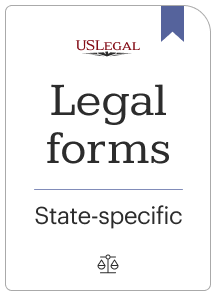

The following form is an agreement between a contractor and a property owner to require a release and waiver of liability from subcontractors in favor of the property owner.
A liability waiver for contractors is a legal document that releases them from any responsibility or liability in case of accidents, injuries, damages, or losses that could occur during their work or as a result of their services. This type of waiver is essential for contractors to protect themselves from potential claims, disputes, or legal actions. There are different types of liability waivers for contractors based on the specific services they provide or the industry they operate in. Some notable types include: 1. Construction Liability Waiver: This waiver is commonly used in the construction industry, where contractors perform tasks such as building, remodeling, or repairing structures. It covers risks related to construction site accidents, property damage, and injuries caused by the contractor's work. 2. Home Improvement Liability Waiver: Targeting contractors involved in residential projects, this waiver protects them from liability arising from home improvement tasks such as plumbing, electrical work, painting, or installation of fixtures. It includes risks related to accidents, property damage, or faulty installations. 3. Landscaping Liability Waiver: This waiver is specific to contractors engaged in landscaping and gardening services, such as lawn maintenance, tree removal, or irrigation installation. It covers risks associated with potential property damage, equipment failure, or injuries to both workers and clients. 4. Event Services Liability Waiver: Aimed at contractors involved in event planning, catering, or entertainment services, this waiver protects them from liability related to accidents or injuries that may occur during an event. It includes risks like slip and falls, foodborne illnesses, or equipment malfunctions. 5. Professional Services Liability Waiver: This type of waiver applies to contractors offering professional services such as consulting, engineering, or design. It protects them from liability arising from errors, omissions, or any negligence in their professional work that may result in financial or reputational losses for clients. Regardless of the specific type, a sample liability waiver for contractors typically includes key components such as: — Identification of the parties involved: Contractors and clients. — Description of services or work to be performed. — Acknowledgment of the risks associated with the work. — Explanation and acceptance of the contractor's limited liability. — Indemnity clause, indicating that the client agrees to cover any losses, damages, or legal costs caused by their own negligence. — Signature lines for both parties to signify their understanding and agreement with the terms of the waiver. Remember, even though liability waivers are legally binding, it is crucial to consult with legal professionals to ensure the waiver is valid and accurately reflects the contractor's specific needs and scope of work.